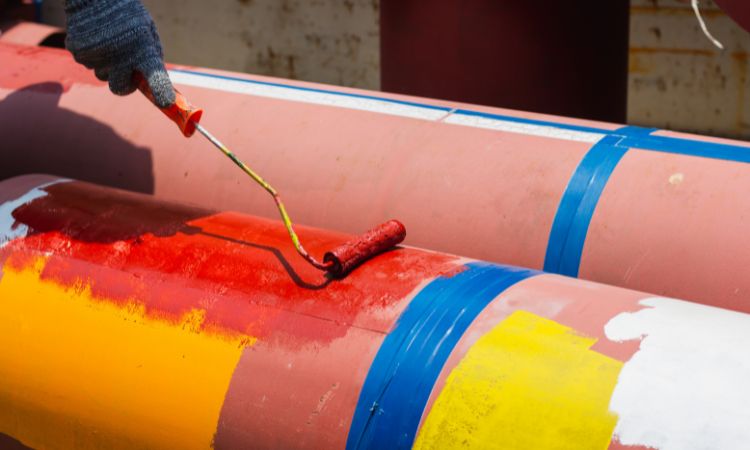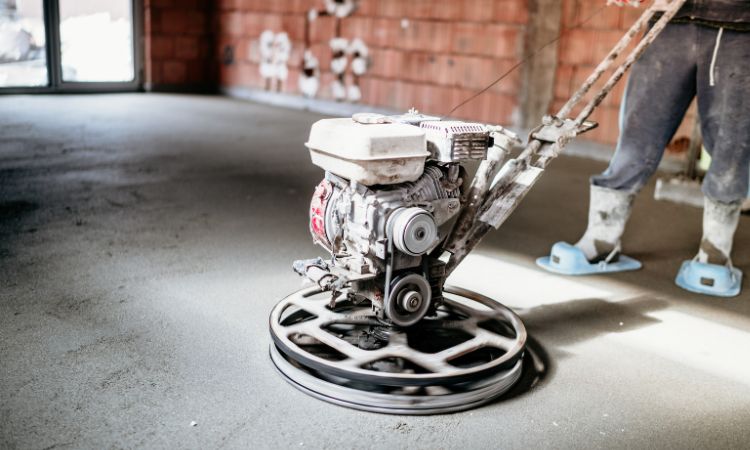
Catheterization is a critical medical procedure that allows healthcare professionals to address urinary issues in patients. The ability to catheterize is a vital skill in the medical field, one that requires both theoretical knowledge and practical competency. With a growing demand for healthcare professionals adept at this procedure, it’s essential to understand the landscape of catheterization training costs in the UK. From course fees to potential funding and the return on investment, this guide will break down everything you need to know.
The Value of Catheterisation Training
Before we explore the specific costs, understanding the value of catheterization training is fundamental. Catheterization is not a routine skill for many professions in the healthcare sector, making certified professionals highly sought after. For medical caregivers, the ability to confidently perform catheterization can lead to improved patient care and job security. Additionally, it can enhance the efficiency of medical practices and accident & emergency departments. Consider doing a Catheterisation Training course to learn more.
Understanding the Training Pathway
In the UK, catheterization training is typically approached in several stages, which may be relevant to different roles within healthcare:
Basic Life Support (BLS)
This is the foundational level, providing individuals with the essential skills required to perform catheterization and to understand the implications of these actions in patient care.
Advanced Life Support (ALS)
ALS includes higher-level training, usually necessary for those in more specialised medical fields or those who may need to administer catheterisations in more complex situations.
Specialised Courses
Specialised courses may include advanced techniques and equipment use, which are beneficial for professionals in specific medical specialities.
Costs Breakdown
Basic Life Support Training
For BLS training, which is often the first step in catheterization courses, the cost can range from £50 to £200, depending on the provider and specific training. It’s a relatively low-cost entry point to catheterization training.
Advanced Life Support Training
ALS training is more comprehensive and thus more expensive. Costs for ALS courses can reach upwards of £500, taking into account more advanced materials and certified instructors’ expertise.
Specialized Catheterisation Courses
Specialized catheterization courses will be the most costly due to their intricate focus on the procedure and potential for personalized instruction. These can vary greatly, from a few hundred to a few thousand pounds, depending on the course length and level of detail.
In-House vs. External Training
Providers of catheterisation training may offer courses at external venues or within the hospital or care facility itself. In-house training can reduce costs such as venue hire and travel expenses. However, external training may offer a broader range of expertise and learning environments.
Potential for Funding
There are several ways in which the cost of catheterisation training can be mitigated:
Employer Funding
Many healthcare employers recognise the value of their staff being trained in catheterisation and are willing to fund or partially fund relevant courses.
Government Funding
For certain healthcare sectors, government funding or grants may be available to support the development of catheterisation skills among medical professionals.
Charities and Professional Bodies
Several charitable organisations and professional bodies offer bursaries or funding support specifically for clinical training, including catheterisation.
Return on Investment
The return on investment for catheterisation training can be significant, especially when considering the improved patient care, time saved, and potential for career advancement. Employers may also recognise the return in reduced incidents of malpractice and an enhanced reputation for patient safety.
Additional Considerations
Beyond the initial costs, it’s important to consider other factors that contribute to the overall value of your training:
Course Content and Quality
Make sure to research and select a course that offers comprehensive content, good accreditations, and positive feedback from previous participants.
Practical Experience
The opportunity for practical experience within the course is invaluable. Look for programs that allow supervised practice on realistic simulation models or patient scenarios.
Post-Training Support
Some training providers offer additional support or resources post-training, such as refresher courses or access to updated materials. This support can enhance the long-term benefits of your training.
Legal and Professional Obligations
Be aware of any legal or professional obligations related to catheterisation training in your area of practice. Ensuring you are compliant with regulations can avoid future legal issues and fines.
Case Study: ROI in Practical Terms
A case study can illustrate the potential ROI of catheterization training. For instance, a hospital that invests in training its nursing staff in catheterization could see reduced wait times for patients needing this service. This improvement could lead to increased patient satisfaction scores and potentially increased funding through patient volume.

Conclusion
Investing in catheterization training is a valuable pursuit for both individuals and healthcare institutions, providing better patient outcomes and operational efficiencies. The skills acquired through training are the bedrock of a strong, safe, and effective healthcare system.




















